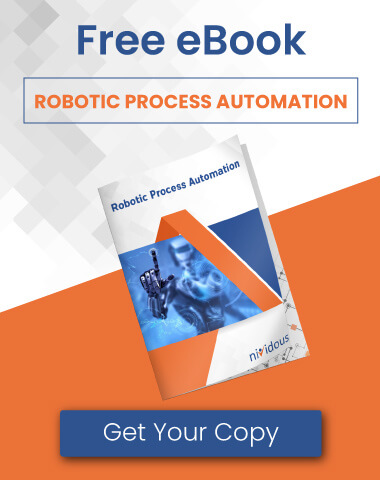The past few years have seen a drastic increase in the number of mergers and acquisitions between companies, both domestically and globally. With a desire to limit competition within industries and a goal to increase revenue growth, M&A activity is an increasingly attractive option.
According to Mergermarket, a company specializing in analyzing mergers and acquisitions trends, “domestic M&A increased by 30.6% on YTD 2017,” and the US increased global acquisitions, “drawing in 47.5% of the global Q3 value, almost seven percentage points higher than that seen in 2017.” With companies like Amazon, Netflix, and Google expanding into various industries, businesses are looking for more opportunities to diversify and reach a broader group of consumers.
While mergers and acquisitions are happening more often than before, the process companies must follow can create many challenges. Integrating multiple systems as companies merge can be a long process, costing time and money to complete; errors can occur as data is extracted and integrated into the new system, creating delays in accomplishing day-to-day tasks. With so many challenges, it is not surprising that between 70% and 90% of mergers and acquisitions are not successful, according to Harvard Business Review.
However, Robotic Process Automation (RPA) can offer a solution to the challenges faced by companies during mergers and acquisitions.
RPA solutions can play an instrumental role in automating repetitive and data-related tasks that are handled manually. Nividous’ robotic process automation solution enabled Bots can be easily scheduled on a specific time interval and on demand to perform manual tasks and deliver almost 100 percent accuracy. During M&A, employees have new systems and processes to deal with and sometimes lack required skills and time to complete tasks quickly. The Bots can assist with data entry, data mapping, data extraction, and integrating data into multiple independent systems to offload the work from workers and help them spend time on more important tasks. RPA technology helps in cutting down operational costs and allows companies to focus on their customer and front-end growth opportunities.
One company that is managing growth with mergers and acquisitions is the Acuity Eyecare Group. Let’s look at how they successfully manage the process of changing product tags upon new acquisition of mid-sized eyecare groups and independent optometrists.
The company faced the following challenges while managing the required changes:
- Data mapping, data entry and updating for retagging of existing inventory is done manually
- Regenerating one tag at a time from core system is time-intensive
- The core system cannot be integrated with different systems easily
- Human errors in retagging the products cause lengthy corrective actions
Nividous RPA Bots enabled process automation solution:
- Nividous RPA Bots are scheduled to check unread emails on a specific time interval and upon the receipt of the email download raw data file
- The Bots further capture primary information such as store code, location, item code etc., login into the system and feed this data to generate a new price tag in form of a pdf
- Price tags having new codes for store wise products are emailed to the concerned team members for printing
The Bots enabled retagging of 40+ stores’ inventory and allowed a 95 percent reduction in turnaround time. Moreover, human errors during data entry is eliminated by almost 100 percent.
RPA can be a great tool for organizations who are aiming to grow rapidly even if that growth is achieved by optimizing existing business processes rather than through M&A activity.






